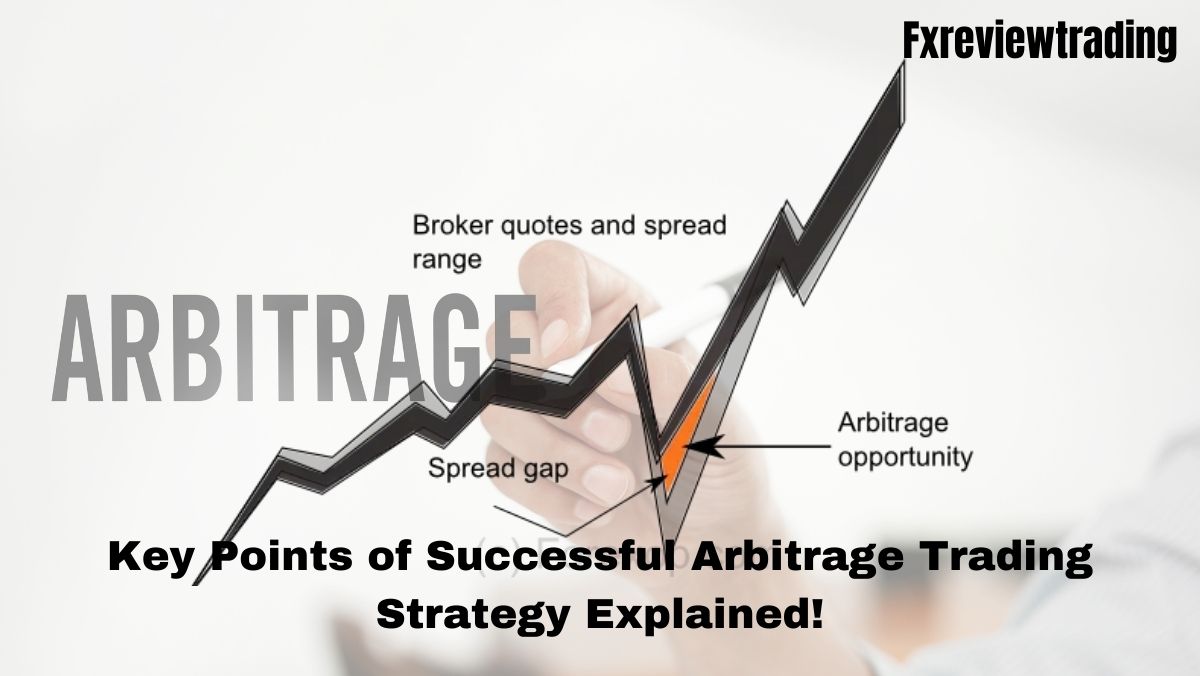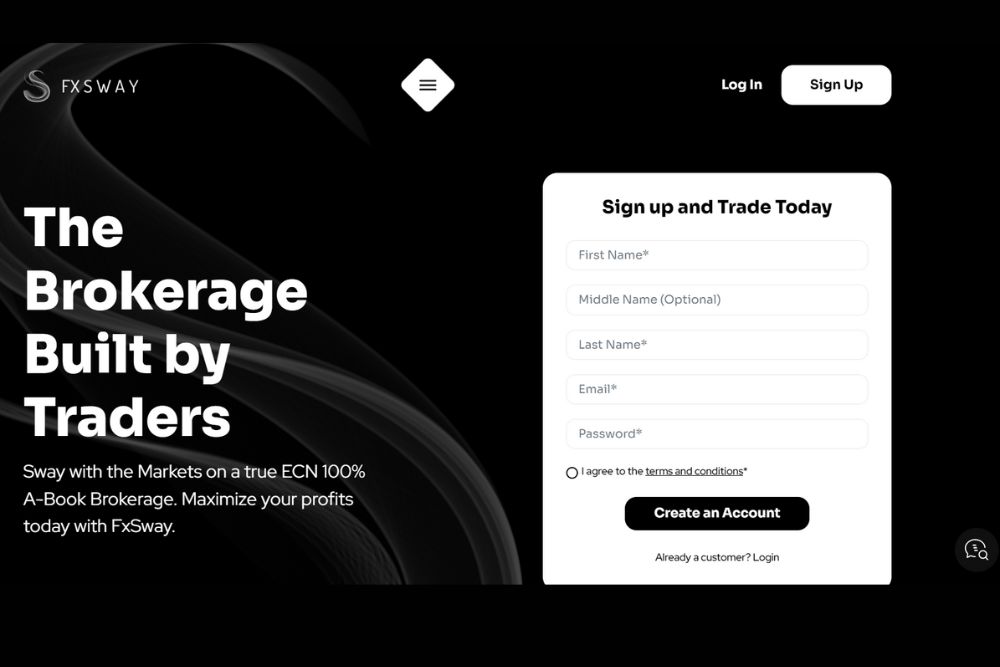What is Arbitrage?
Arbitrage trading is a profit-making trading method that takes advantage of short-term price differences between two similar or equivalent assets in different markets. This is accomplished by simultaneously purchasing and selling the two assets. Thus, arbitrage trading is a variation of the oldest trade trick in the trading book, making money by exploiting price differences between two independent markets for the same or similar products or assets.
Arbitrage trading may appear predatory on the surface, but it is a popular approach to eliminate market inefficiencies and ensure that all comparable assets trade at the same price.
Is arbitrage suitable for financial markets?
In the financial markets, arbitrage trading produces liquidity. It facilitates an equilibrium that is required for markets to function equitably when the same or equitable assets are valued differently. To take advantage of any arbitrage opportunity, only a few conditions must be met. Positive arbitrage can become negative arbitrage if these conditions are not met, resulting in a loss. it is important to have good arbitrage trading strategies.
Vast volume arbitrage trades raise the value of a stock or asset that is undervalued in one location, exchange, or market by purchasing large quantities of it. As a result, the same stock that is overpriced in one market is dumped in another, causing the price to plummet. The price of dual-listed stocks is thereby equalized.
When you purchase an asset in a lower-cost market, the demand for that asset rises, as does the price. When you sell the same asset in a high-priced market, you increase supply while lowering the price. Repeating this process will result in price convergence across markets and the elimination of various sorts of arbitrage opportunities.
Example of Arbitrage Trading
An example is the simplest method to grasp the underlying business acumen of arbitrage trading. Suppose an arbitrageur owns a company that trades at $50. The identical company’s stocks are traded on a different exchange for $30. The arbitrageur purchases the company’s stock at $30 and sells his own stock at $50. The trader makes $20 per stock in this manner.
Using the difference in currency pairs and trading swiftly to monetize price fluctuations can result in substantial profits per trade. In foreign exchange, arbitrage trading is also practised. The trick, once again, is to act promptly and formulate a clear strategy before executing deals.
Smaller crypto exchanges modify prices as more extensive crypto exchanges with bigger trading volumes effectively dictate the price for the rest of the market. However, there is a time lag between the prices set by larger exchanges and those set by smaller exchanges, resulting in arbitrage opportunities in cryptocurrency markets. For example, arbitrage in Bitcoin takes advantage of price disparities between two cryptocurrency markets.
For example, suppose a specific currency is trading at a lower price on one exchange than on another. In that case, you can buy it on the first crypto exchange and sell it for a more excellent price on the second crypto exchange, pocketing the difference.
Types of Arbitrage Trading
- Pure Arbitrage Trading
Pure arbitrage refers to the investment technique described above. An investor buys and sells securities in two markets simultaneously to profit from a price differential. Unfortunately, this means that pure arbitrage opportunities are becoming increasingly rare.
Many investments are available for purchase and sale in a variety of markets. A significant global corporation, for example, may list its stock on several exchanges, such as the New York Stock Exchange (NYSE) and the London Stock Exchange. When an asset is traded on numerous markets, prices will likely drift out of sync for a while.
In cases when foreign exchange rates cause minor pricing variations, pure arbitrage is also conceivable. As a result, the phrases arbitrage and pure arbitrage are frequently confused.
In the end, pure arbitrage is a method in which an investor profits from market inefficiencies. Pure arbitrage is only conceivable when this price disparity occurs. It’s become more challenging to take advantage of these instances as technology has evolved and trading has become increasingly computerized, as price irregularities can now be quickly recognized and corrected.
- Merger Arbitrage Trading
Merger arbitrage is a type of arbitrage involving the merger of two publicly traded companies. If the target company is publicly-traded, the acquiring company must buy the company’s outstanding stock. This is at a higher price than the stock is currently trading for in most situations, resulting in a profit for shareholders.
Merger arbitrage, also known as risk arbitrage, is a trading method used to profit from corporate events such as mergers, acquisitions, and bankruptcies. Traders aim to benefit from the target company’s stock acquisition as soon as it becomes public, bringing it closer to the announced offer price.
The arbitrageur buys the stock before the corporate event in the hopes of profiting after the merger or acquisition is completed. By investing in a merger arbitrage ETF, retail investors can profit from such developments. It entails buying and selling stock in two merging businesses. In general, a merger involves two parties: the acquiring corporation and the target company.
Deals can fail for various reasons, including changing market conditions or regulatory authorities, such as the Federal Trade Commission, refusing to approve the merger (FTC). In addition, because there is always a level of uncertainty in mergers and acquisitions, the target company’s stock price is frequently listed below the acquisition price.
In its most basic form, merger arbitrage entails an investor purchasing target company shares at a discounted price and benefitting once the deal is completed. Of course, the price of the target firm rarely matches the sale price, but it frequently trades at a modest discount.
There are, however, different types of merger arbitrage. This is due to the possibility that the transaction would fall through or fail. Shorting shares of the target company’s stock is one option for an investor who feels a deal will fall through or fail.
- Convertible Arbitrage Trading
Convertible arbitrage, often known as convertible notes or convertible debt, is a type of arbitrage using convertible bonds. Companies issue convertible bonds because they allow them to provide lower interest rates.
This is usually accomplished by taking long and short positions in the convertible note and the company’s underlying shares at the same time. A convertible bond is essentially the same as any other bond in that it is a form of corporate debt that pays interest to the bondholder.
Whether or not the investor believes the bond is fairly priced determines their positions and the ratio of buys to sells. A convertible bond differs from a common bond in that the bondholder can convert it into the underlying company’s stock after a certain time, sometimes at a reduced cost.
They frequently take a short position on the stock and a long position on the bond when the bond is perceived to be inexpensive. Convertible arbitrage investors strive to profit from the gap between the bond’s conversion price and the current share price of the underlying firm. If the investor believes the bond is overpriced, on the other hand, they may take a long position in the stock and a short position in the bond.
Advantages of Arbitrage
Arbitrage is just one technique among many when it comes to alternative investments, despite its effectiveness. As a result, arbitrage is often not a method that individual investors can use on their own. On the other hand, hedge funds and other institutional investors with significant volume trading capabilities frequently use it.
Because yield is frequently low, significant volumes are required to reap the benefits of arbitrage and earn enough profit to cover transaction expenses. Learning online is a great way to get the information you need to succeed.
If you’re thinking about a career in alternative investments, you should be aware of all the different tactics you might use to help your clients. For example, arbitrage can be a valuable tool for investors looking for low-risk returns in all of its manifestations.
Low-Risk profit
Arbitrage trading involves speed, massive sums of money, and large volumes of equities. The trade is initiated to achieve a predetermined profit by trading huge volumes of shares. Because buying and selling are done concurrently to profit from price changes, arbitrage trades have a very low-risk profile.
As a result, in arbitrage deals, time is of the essence, and it is executed and managed by hedge fund managers and financial institutions through whom you might invest.
Arbitrageurs use sophisticated and highly efficient computer algorithms to seek arbitrage opportunities by detecting minute price differences and executing a trade of buying and selling thousands of stocks in order to earn handsomely. But, unfortunately, there’s a danger that other traders taking advantage of the same arbitrage opportunity will skew prices in the wrong direction.
Safe and swift trades
There is no monetary exposure, which is unaffected by market factors that drive price variations, even hourly. They are low-risk, short-term investments that have the ability to ensure gains by taking advantage of a pricing differential and capitalizing on it quickly and efficiently. Smart trading software that is immune to human interference or error executes arbitrage trades reliably and promptly.
Is Arbitrage Trading legal?
Interexchange arbitrage is illegal in various jurisdictions. In addition, because arbitrage trades are both time and price-sensitive, it’s difficult for retail investors to execute manual trades.
This means that as long as you don’t make an intraday deal while arbitraging, you’re safe. In addition, futures arbitrage and inter-exchange arbitrage are permissible if you take delivery of securities before selling them on another exchange or partaking in cash.
Bottom Line
Arbitrage trades are a risk-free approach to profit from financial markets. Retail traders can theoretically arbitrage stocks or other financial instruments across several brokers, but such deals are difficult to execute in practice.
These funds are considered equity mutual funds and are taxed as such. Arbitrage is possible in a variety of securities, including FX, stocks, and commodities. There’s a reason why brilliant software tools are utilized to discover and execute such deals that even pros and specialists in the area use.
Retail investors who lack the experience to conduct arbitrage trades can nevertheless invest by putting their money into arbitrage funds that participate in arbitrage and invest in equity-based stocks. However, in order to make a reasonable profit and make the transaction worthwhile, you must act quickly and trade in high volumes, which necessitates the transfer of large amounts of capital.








